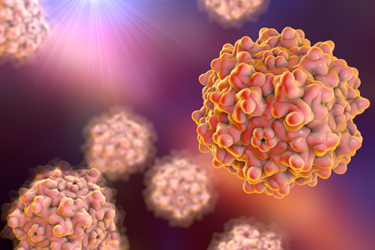Improving Yield For Gene Therapy Through Transfection Optimization
By Evan Riley, M.Res, MBA, LSSBB, Senior Process Engineer, Kymanox Corporation

Gene therapy has gained popularity in recent years and is providing new therapeutic products for diseases with few or no treatment options. Researchers can correct diseases by inserting a correct version of a particular gene into a patient’s genome. However, manufacturing these products is a complicated and inefficient process compared to conventional biomanufactured active pharmaceutical ingredients. The complications in manufacturing lead to high drug prices and thus limited patient use.
There are only a small number of commercial-scale facilities and available expertise to efficiently produce gene therapies. As more sponsors seek to advance their gene therapy product toward commercialization, there are several methods from standard biomanufacturing that can be extrapolated from the fermentation portion of the process and applied to the emerging technologies that can be used for improving production of cell and gene therapies. Many obstacles remain as developers attempt to scale-up processes without suffering low or inconsistent yields. Examine the methods that hold potential for efficient manufacturing and how achieving higher yields is crucial for making these treatments more accessible to those who desperately need them.
Get unlimited access to:
Enter your credentials below to log in. Not yet a member of Cell & Gene? Subscribe today.
